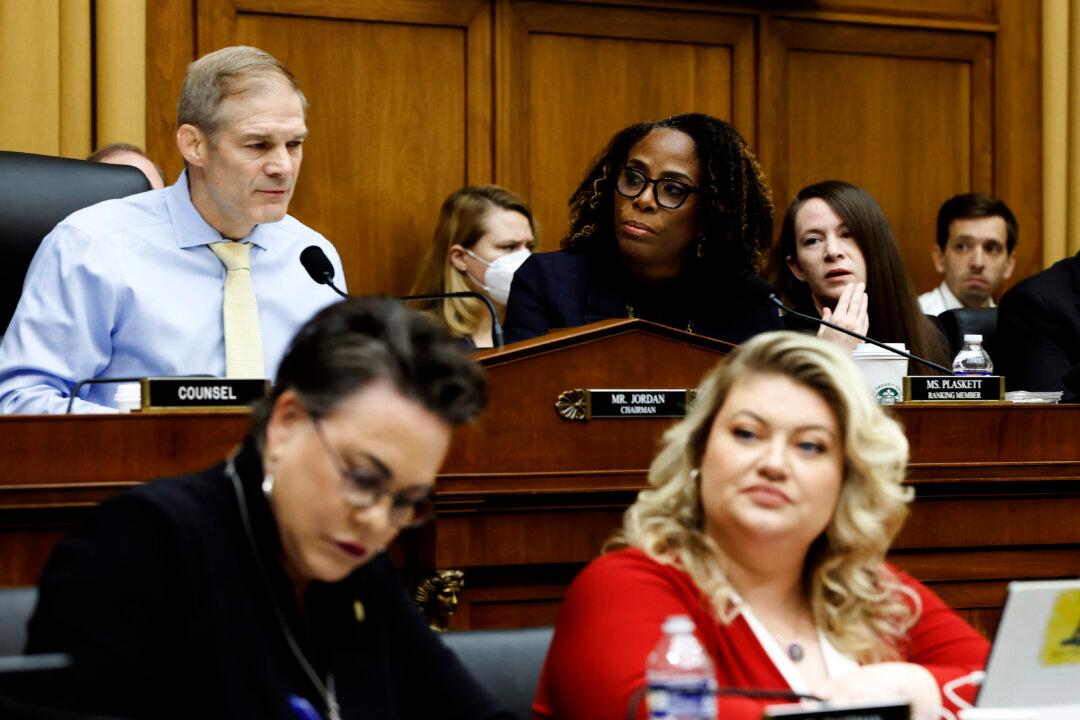News Analysis
America’s largest banks are increasingly acting as surveillance arms of the federal government as well as enforcement agents for left-wing ideology, congressional witnesses asserted last week.

America’s largest banks are increasingly acting as surveillance arms of the federal government as well as enforcement agents for left-wing ideology, congressional witnesses asserted last week.